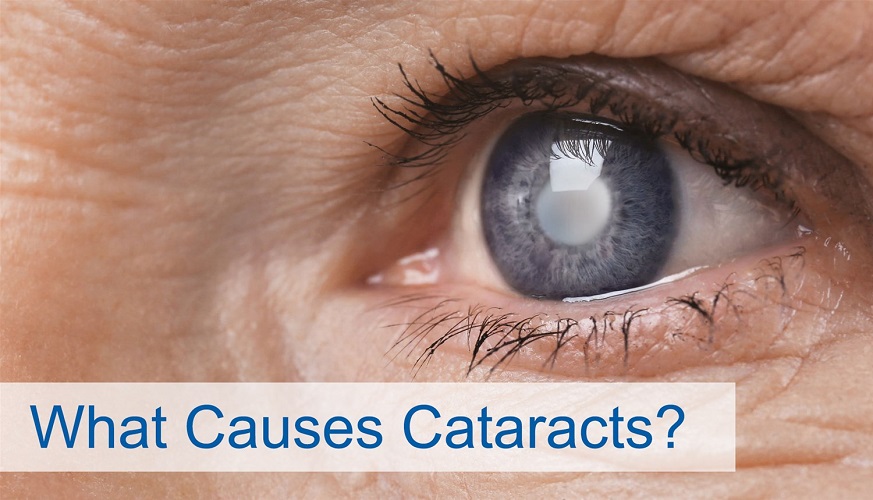
Your Diet and How It Affects Cataracts
Usually, cataract surgery is recommended to resolve clouding or blurring of the lens –– generally referred as cataracts, one of the main causes of visual impairment, particularly in older people.
Women are often more vulnerable to cataracts due to hormonal changes, but the most important way to avoid degenerative eye disorders such as cataracts is to get a balanced diet consisting of antioxidants.
Although science recommends a good diet for all kinds of health reasons, it has also made it perfectly obvious that a good diet will avoid cataracts. To avoid cataracts, increasing intake of foods high in antioxidants and B vitamins is the strongest protection.
You’ll probably also have to significantly decrease the consumption of low-quality carbs — sugary foods and drinks and processed white starches if you want to avoid having ultimately having to undergo cataract surgery. Let us look at antioxidants and some of the nutrient-rich foods that can help decrease the risk of cataracts, along with some of the foods to avoid.
Antioxidants
As the name indicates, antioxidants are battling oxidative stress induced by free radicals. Antioxidants are molecules present in fruit, grains and vegetables that fight the harmful effects of stress. As the body cannot produce antioxidants, they should be introduced into the diet.
Research shows that people who consume a very balanced diet full of all sorts of antioxidants including vegetables and fruits were half as prone to developing cataracts as people that do not eat such a healthy balanced diet. Various studies have also shown that people with increased nutritional intakes or blood levels of antioxidants are at a lower risk of cataracts.
No antioxidant will neutralise any free radical solely, so it is essential to consume a range of antioxidant-rich foods, including vitamin C, vitamin E, lutein, and beta-carotene. Take a look at some of the important food options that can help avoid cataracts, decreasing the likelihood of this eye-threatening condition naturally:
Fruit and vegetables
Research suggests that we need around five to nine portions of fruit and vegetables a day for optimum eye protection. Fruits alongside vegetables deliver the highest average antioxidant potential of all foods, making them the foundation of your nutrition. Top options are broccoli, avocado, orange, and bananas.
Fish
Omega-3 fatty acids can decrease the likelihood of cataract formation and development. Healthy foods containing of fatty acids (particularly omega 3) involve tuna, salmon, trout, shrimp, canola oil and spinach. Consume fish two times a week to fuel and boost your vision.
Nuts, Seeds And Whole Grains
Nuts along with seeds are a rich supply of antioxidants like vitamin E which can preserve eye cell membranes against free radical harm. Four of the best eye protection options are walnuts, peanuts, sunflower seeds, and almonds.
Consider eating whole grains to avoid cataracts. That involves amaranth, rye, bulgur, millet, buckwheat, sorghum, oatmeal, and wheat.
You will also enhance your eye protection by making smarter decisions when purchasing baked items. Read product labelling closely, avoid white bread or other baking products containing processed grains and carbohydrates.
Eggs
Both lutein and zeaxanthin are present in egg yolks, providing substantial protection against damaging sunlight. They also include omega-3 fatty acid DHA, believed to reduce eye injury.
Avoid These
It is best to avoid fried foods, processed foods, sugary drinks and carbonated beverages, all of which are associated significantly with an elevated risk of cataracts, obesity and other health issues.
